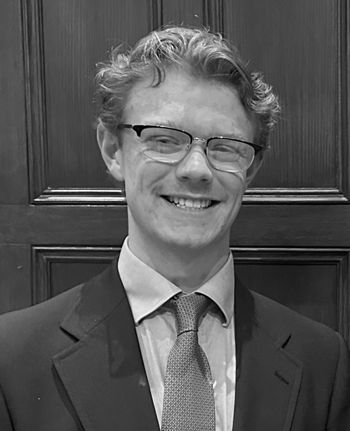Cornell University pledges neutrality on political and social issues that don't 'impact the university'
Cornell announced in a statement on its website that it will be guided this coming fall semester by students’ right to free expression and civil discourse, and that these are not "unlimited."
The university provided the statement for the Cornell community, highlighting anti-Israel protests in the spring as reasons for the reminders and change of university policy.
Cornell University announced it would no longer make statements on social or political issues that have no direct impact on the school’s operations.
University administrators outlined in a Tuesday statement that Cornell’s “President and Provost will refrain from opining on national or global events that do not directly impact the university.”
In the statement, university administrators admitted that its campus “may become a focal point for protests” and the university’s response to any incidents or protests “will be guided by two foundational principles.”
Reiterating the university’s commitment to “free expression and reasoned civil discourse” the university pledged to keep its campus as a “place where members of [the] community can make their views manifest without fear of intimidation or suppression.”
[RELATED: Pro-Hamas student groups plan to continue protests at universities nationwide]
Administrators also said that while free speech and debate is “foundational, it is not unlimited.”
“The expressive activities of individuals necessarily unfold within the context of our broader university community” and added that protests “are bounded by the need to protect the core functions of the university and the reciprocal rights of others,” the administrators wrote.
Protesters or students who are “planning overnight activity in campus spaces” will need to go through a “registration process” that is consistent with the university’s Interim Expressive Activity Policy.
The university promised that it will “seek to afford access to prominent campus locations for registered encampments” and credit this measure as one that will minimize the “likelihood of disrupting other events.”
The university also outlined that it will be fully enforcing its’ Student Code of Conduct, and will issue warnings on first violations, non-academic temporary suspension after a second offense, and hand out temporary academic suspensions to students who commit a third violation.
The university said it will only tolerate peaceful protests and will not tolerate “acts of violence, extended occupations of buildings, or destruction of property.”
Campus Reform has contacted Cornell University for comment. This article will be updated accordingly.

